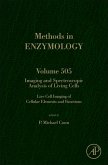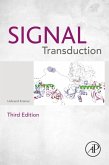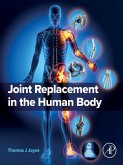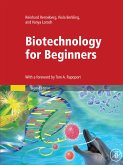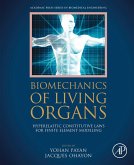- Winner of a 2018 Textbook Excellence Award (College) (Texty) from the Textbook and Academic Authors Association
- Features a quantitative approach that includes physical and chemical principles
- Provides a more integrated approach from first principles, integrating anatomy, molecular biology, biochemistry and physiology
- Includes clinical applications relevant to the biomedical engineering student (TENS, cochlear implants, blood substitutes, etc.)
- Integrates labs and problem sets to provide opportunities for practice and assessment throughout the course
NEW FOR THE SECOND EDITION
- Expansion of many sections to include relevant information
- Addition of many new figures and re-drawing of other figures to update understanding and clarify difficult areas
- Substantial updating of the text to reflect newer research results
- Addition of several new appendices including statistics, nomenclature of transport carriers, and structural biology of important items such as the neuromuscular junction and calcium release unit
- Addition of new problems within the problem sets
- Addition of commentary to power point presentations
Dieser Download kann aus rechtlichen Gründen nur mit Rechnungsadresse in A, B, BG, CY, CZ, D, DK, EW, E, FIN, F, GR, HR, H, IRL, I, LT, L, LR, M, NL, PL, P, R, S, SLO, SK ausgeliefert werden.



